Digital games changed everything for those of us growing up in the Caribbean
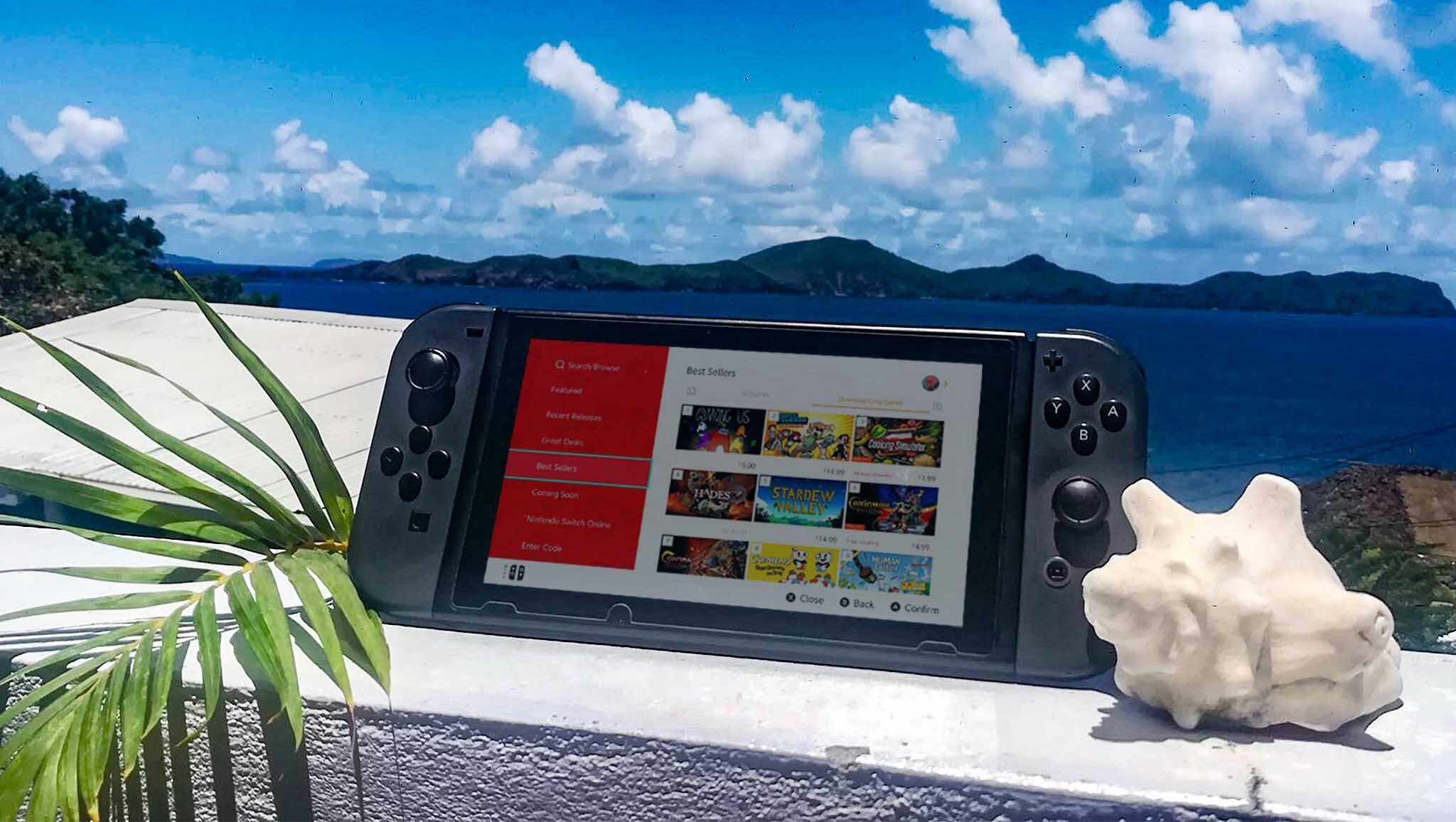
iMore offers spot-on advice and guidance from our team of experts, with decades of Apple device experience to lean on. Learn more with iMore!
You are now subscribed
Your newsletter sign-up was successful
If you were a child in the Caribbean, especially in independent countries, video games were not very accessible. From high prices to the lack of a retail presence, Caribbean children had to find creative ways to engage in the hobby. While my experience as a Caribbean person who enjoyed playing video games may differ from other people living in the region, I think I can speak for my Caribbean peers when I say that the rise of digital games made accessing my favorite video game franchises that much easier.
A world without games
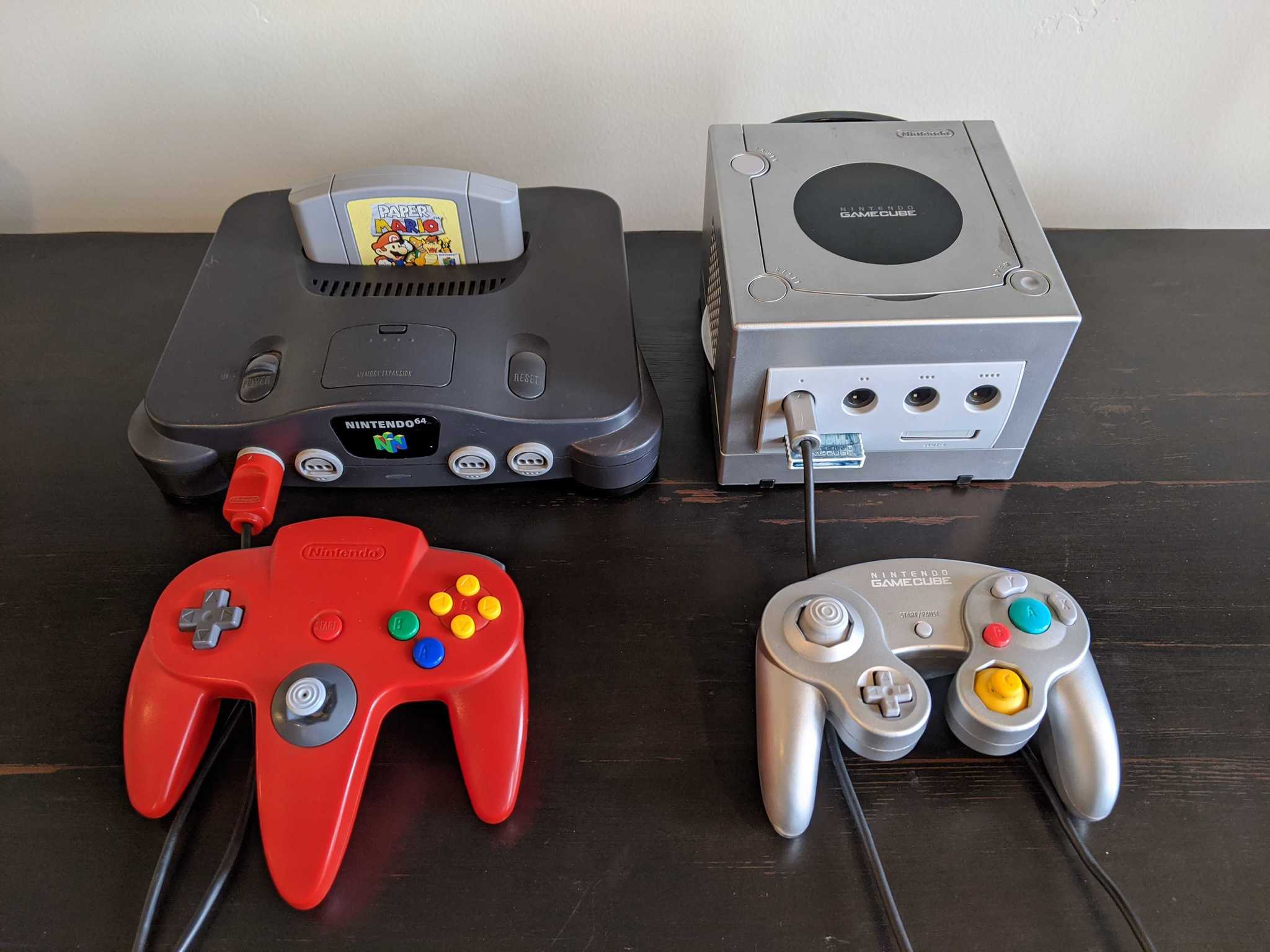
Anyone from the Caribbean is familiar with the concept of people who have emigrated, usually to North America or Europe, to use their relatively higher salaries to send essential items like non-perishable food and clothing back home to their families in cylindrical containers comprised of fiber or blue plastic. This has happened for decades, so much so that the children of these people who often have to remain at home are referred to as "barrel children."
This is not to paint a desolate image of the region or showcase emigrants in a bad light. Because most things are imported in the Caribbean, the cost of living is higher than many can afford. It's because of this that luxury items like video games are often an afterthought in the eyes of retail businesses. This can be attributed to factors like high import costs that, when paired with relatively low salaries for the average man, meant that people tended to prioritize when it came to what they spent their hard-earned money on.
Those barrels provided a window to countries that we otherwise weren't able to visit until much later on.
Growing up, I had a cousin whose mother emigrated to the U.S. early in his life, making him your typical barrel child. While I won't ignore the negative effects of these situations for all involved, those barrels provided a window to countries that we otherwise didn't have access to. Relatives who lived in the U.S. would sometimes send consoles that they weren't using anymore in the barrels that made it home. This meant that my cousins and I were able to experience the wonders of the Super Nintendo Entertainment System and the Nintendo 64, and we didn't care that it was years after their release. We didn't have access to new games, strategy guides, playground secrets, or the internet so we spent hours playing together on weekends trying to uncover every secret.
Video games do not have an extensive retail presence in the Caribbean in the same way that they do in the U.S. There are no video game-exclusive retail chains like GameStop, and any sales of games were usually orchestrated by private business owners, usually running tech support stores, who imported whatever games may be popular and resold them to their customers.
Where I'm from, St. Vincent and the Grenadines, video games have an import tax of 43% of the cost price, which, when coupled with shipping fees and businesses needing to make a profit, meant that games often ended up being almost double their U.S. retail price. To illustrate, a $60 Nintendo Switch game would have an import tax of just under $26, driving the price up to $86 before shipping fees and the item's markup. Console games thus ended up costing $250 Eastern Caribbean Dollars, or around $92 USD. Games on the Nintendo 3DS, which retailed for $40 USD would cost Vincentians $75 USD, which was made worse with these games never going on sale, as sellers wanted to recuperate their costs as much as possible.
It was unconventional, but it was our way of engaging in a hobby we loved.
I knew people who would leave the small fishing community I grew up in to work as seasonal laborers in shipyards, returning home every six months for a few weeks at a time. When I started becoming more interested in games, it's these people who I asked to bring games home with them, whether it be in their suitcase or sent in a barrel ahead of their arrival, so I could avoid the exuberant markup I'd have to pay at retail. Wealthier friends who got to go abroad on holiday brought games home with them too, and we'd get together and trade games or watch each other play. It was unconventional, but it was our way of engaging in a hobby we loved.
iMore offers spot-on advice and guidance from our team of experts, with decades of Apple device experience to lean on. Learn more with iMore!
The move into the digital age
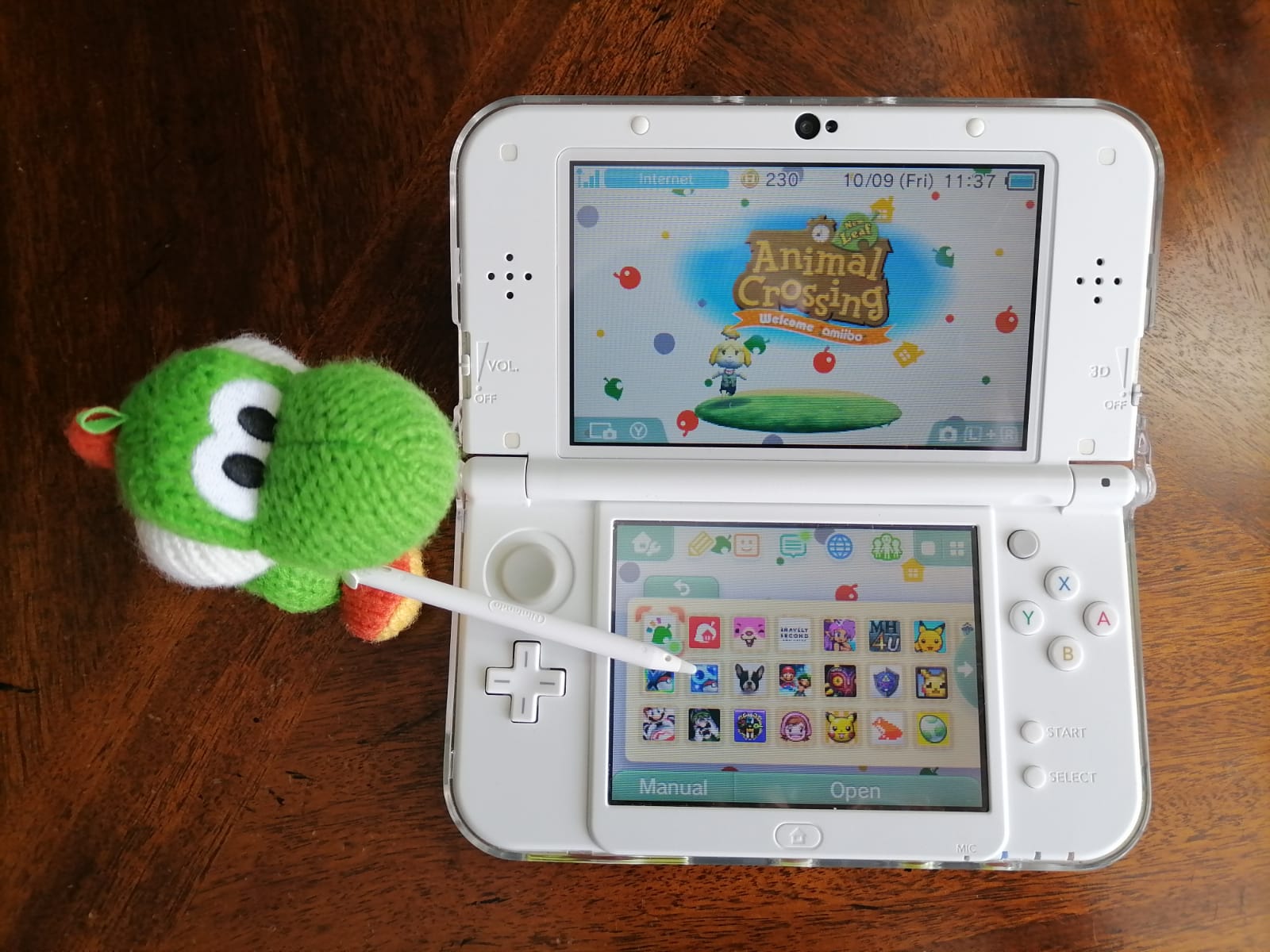
Nintendo first moved into the world of digital games with the Wii and Wiiware. These cheap titles, which spanned a wide variety of both indie games and legacy content, introduced me to retro games I didn't get the chance to play as a child. The Club Nintendo program also meant that I could use the physical Nintendo DS and Wii games that I did manage to get to redeem other Wiiware titles like Bonsai Barber and Fluidity.
The 3DS is where my relationship with digital games really shined. No longer did I have to depend on traveling friends and relatives to get a game, or save up for months to afford games that were way over MSRP. I could finally purchase games for the price they were meant to be bought at, so long as I saved up the cash and asked an adult with a credit card to add funds to my account. It also meant that I could play games on the day they were released, and finally be part of the discussion in online communities.
Because of region-locking, I couldn't purchase games when I visited Europe every few years, but digital games and Streetpass kept me in the loop. The only thing I had to worry about was storage, which was easily accessible anywhere.
The 3DS is where my relationship with digital games really shined.
Honestly, it finally felt like I was included. Even when I had to find a workaround and set my Nintendo account region to Canada just so I could use international credit cards, being able to play digital games felt like I wasn't intruding just by being a gamer in a region that wasn't supported by Nintendo. The process of acquiring games as a child was so tedious that if digital games didn't become as prevalent as they did, I may have just moved on to something more accessible.
Not to mention, the internet becoming more involved in games meant that things like Pokémon Mystery Gift events were now within my reach. I didn't have to look sadly at Serebii or other guide websites and see yet another GameStop exclusive event that I wouldn't be able to attend — I could simply receive the Mystery Gift via Wi-Fi. While in-person events and physical goods do have their perks, like making gaming an in-person social experience, I think the digitalization of events and games makes things more accessible for disabled people as well as people living in countries without native support from large video game publishers.
My relationship with physical games today
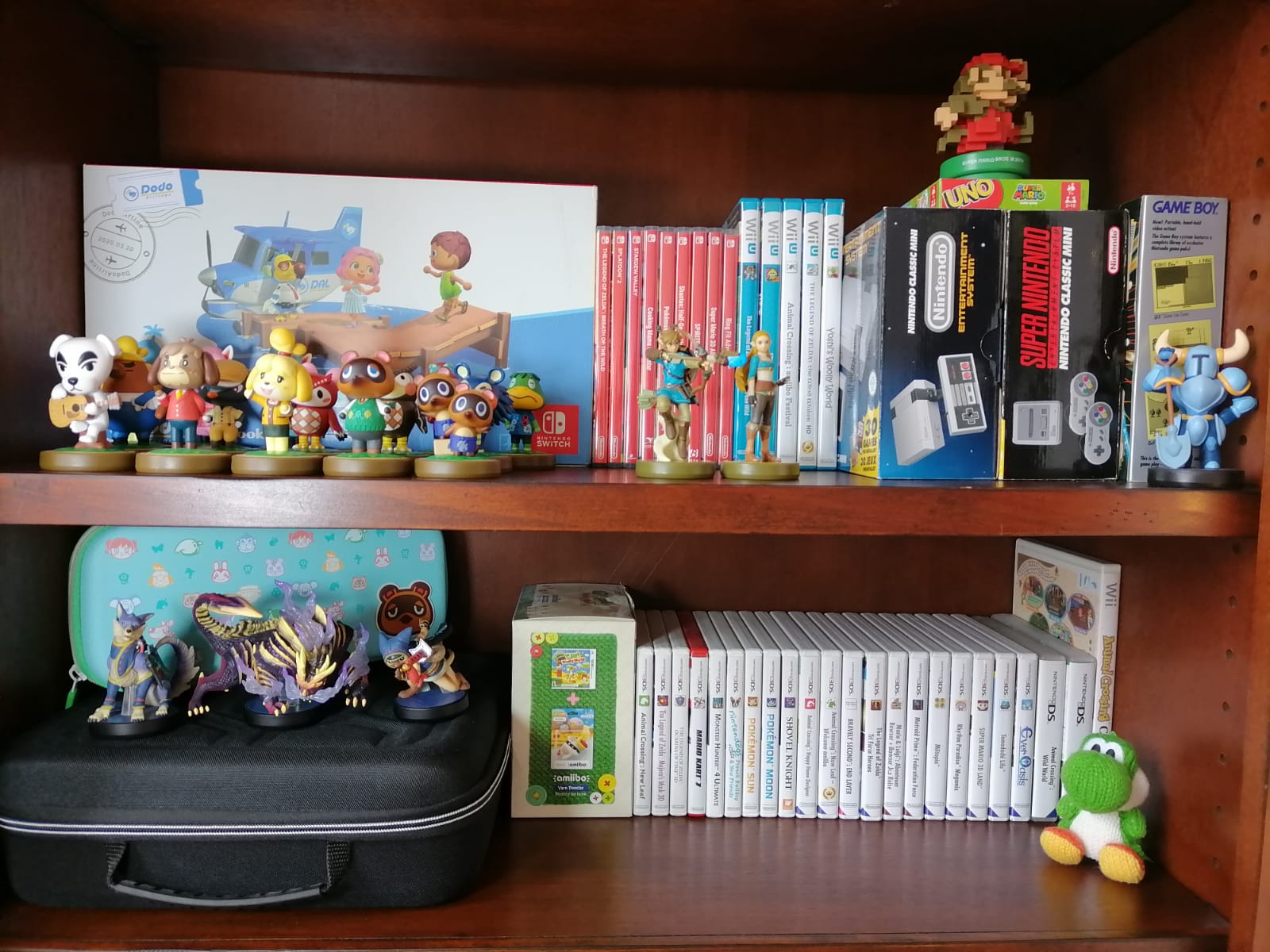
There was a time where, once I started working for my own money, physical games felt superior to me. Being able to acquire a physical game was a privilege and there was just something about holding them in my hands that felt surreal to me. After seeing tons of collection photos and videos online, I finally wanted to build my own. I built a small 3DS and Wii U collection — the conversion rate to Eastern Caribbean Dollars still meant that games were pretty expensive for me. I used to take it out of the drawer I stored them in and just beam at them every once in a while. It felt like I'd made up for lost time, somehow, and my inner child was pretty happy with how things turned out.
Of course, the 3DS and Wii U were region-locked, and my consoles were both from the U.S., a country I've only visited twice before. Most of my holiday time was spent visiting family in Germany, so it wasn't until I installed custom firmware on my consoles that I could play out-of-region games. This isn't an issue with the Nintendo Switch, thankfully, so I have a few games from both North America and Europe.
Everyone has their preferences for how they want to play games.
However, I haven't moved away from digital games completely. As I've gotten older, I realized that having a physical collection is nice until you have to put them all somewhere. I don't have a dedicated games room since moving to Germany, and shelf space is limited. Anyone who knows me also knows that I'm trying to reduce the consumption of physical products where I can in an effort to be a more sustainable gamer. Switching games on the fly is also just a lot more convenient, and digital games are usually on sale at least once a year. It also means that I can play games at launch, instead of having to wait on games to be delivered to my home or wrestling with other gamers to get a copy in a brick-and-mortar store. Most of my games, for these reasons, are digital.
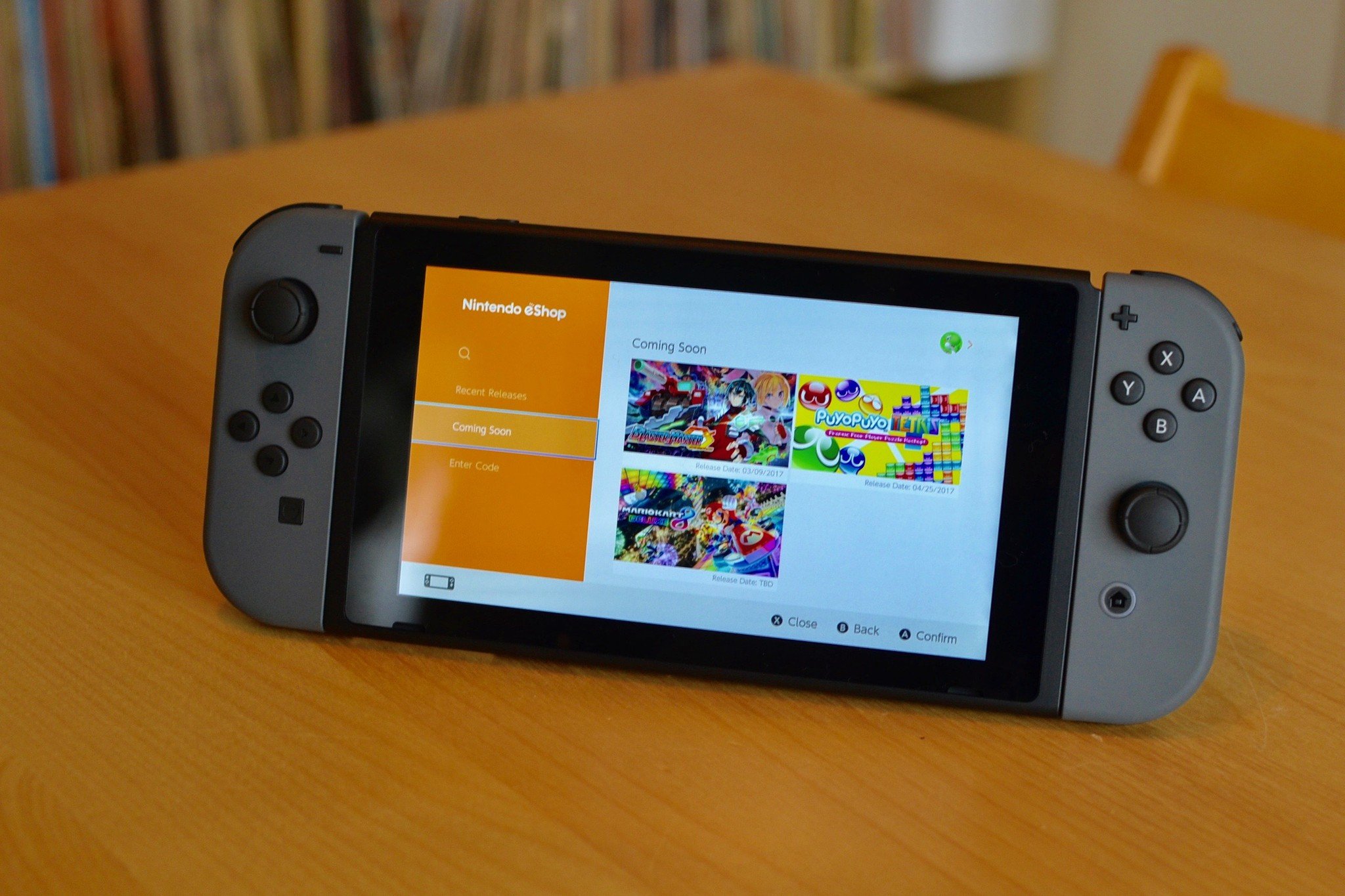
There is one issue that stays in the back of my mind, which is game preservation. Over the years, we've seen some games disappear from digital storefronts, and while they can be redownloaded as long as you've purchased them once, there's no telling whether digital storefronts will be around forever. We've seen this with the Nintendo Wii and Nintendo DS, so there's no way to be 100% sure that it can't ever happen to others. Owning a physical game also means that you own the game, whilst digital games are merely a purchased license to play a specific game, which can technically be revoked from the seller.
As a solution, I employ a hybrid system — I purchase most of my games digitally and enjoy them that way. If I really, really like the game, I purchase the game again in physical form, but used. Purchasing them used usually means that they'll be cheaper, unless it's a Pokémon game, as these almost always retain their value over time. It also means that I don't affect the supply chain, only saving a game from the waste stream. This way I can support developers by purchasing games digitally, without contributing to the demand of physical products.
I acknowledge that not everyone can employ this hybrid system, as games can be pretty expensive. But that's OK! Everyone has their preferences for how they want to play games. Some people love owning their games and buy physical, while digital gamers enjoy the convenience of having all their games in one place.
But what's most important to me is that I have the choice to purchase digital games if I'd like, and it feels good to know that people in the Caribbean have more opportunities to purchase games that are more affordable.

Nadine is a freelance writer for iMore with a specialty in all things Nintendo, often working on news, guides, reviews, and editorials. She's been a huge Nintendo fan ever since she got to pet her very own Nintendog, and enjoys looking at Nintendo's place in the video game industry. Writing is her passion, but she mostly does it so that she can pay off her ever-growing debt to Tom Nook. Her favorite genres are simulation games, rhythm games, visual novels, and platformers. You can find her at @stopthenadness on Twitter, where she'll more than likely be reposting cute Animal Crossing content.

